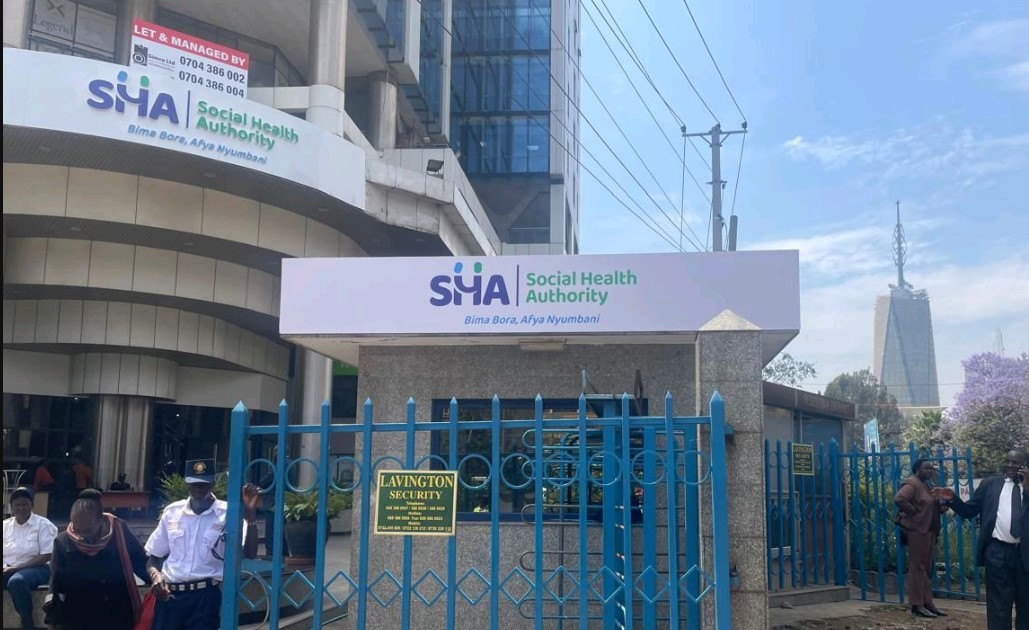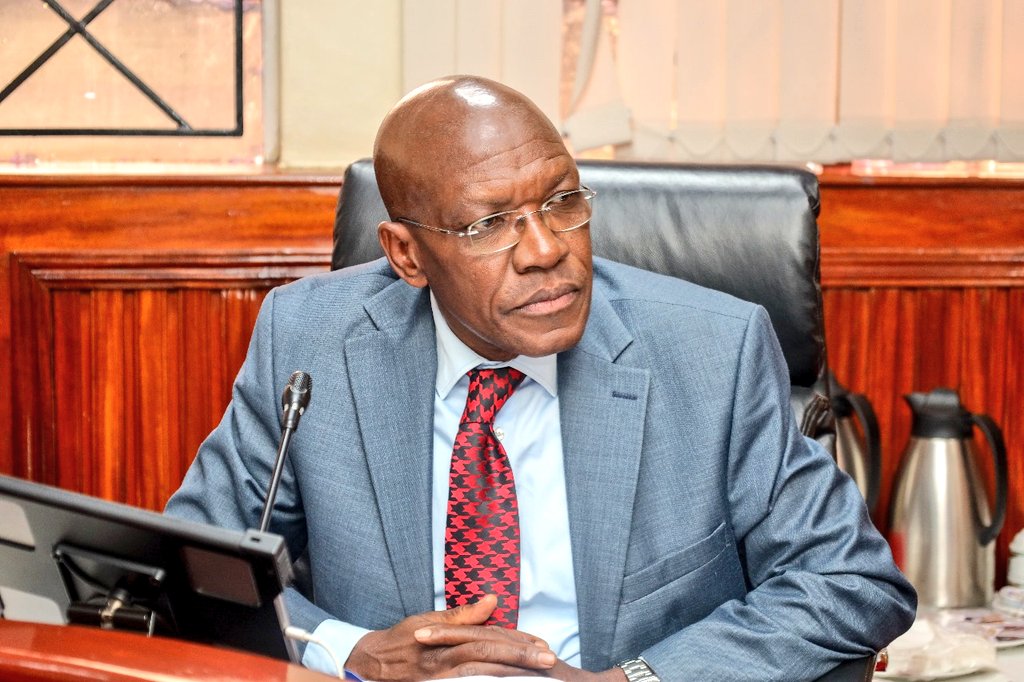Sh10 billion NHIF debt leaves dialysis patients at risk as SHA struggles to resolve

The Kenya Renal Association has submitted several recommendations to SHA to address the critical gaps in kidney health services.
Dialysis patients across the country are facing continued challenges as the newly formed Social Health Authority (SHA) fails to improve service delivery, the Kenya Renal Association has revealed.
Kidney health practitioners have raised concerns over the ongoing struggles of dialysis providers and patients, which stem from issues left unresolved by the now-defunct National Hospital Insurance Fund (NHIF).
More To Read
- SHA transition sparks tension as teachers cite lack of consultation, legal violations
- Review meeting highlights barriers to immunisation, maternal health in Turkana
- Court of Appeal postpones hearing on constitutionality of Health Acts
- 1,567 injured police officers compensated, says Mwangangi as Senate pushes for transparency
- SHA announces refund process for mistaken M-Pesa premium payments
- Governors sound alarm as 934 newborns die amid funding row in health sector
The association revealed that NHIF left behind a Sh10 billion debt owed to dialysis service providers, with no clear mechanism established by SHA to address the financial shortfall. This debt, coupled with inadequate adjustments in reimbursement rates, has caused several dialysis units to close, reversing progress in treating kidney-related conditions.
"We are deeply concerned by the NHIF's failure to adjust reimbursement rates to match market conditions and to fully remit claims. This financial shortfall has forced several dialysis units to shut down, undoing much of the progress made," reads a statement released by the association on Thursday.
The group highlighted that many patients are currently unable to register under the new SHA system, leaving them with no option but to make out-of-pocket payments for life-saving dialysis treatment.
"Dialysis providers are without formal contracts as dictated by SHA regulations. The promised digital contract system has yet to be implemented, leaving providers uncertain about their legal standing," the association added.
Providers have also reportedly faced threats of consequences if they ask patients to pay for dialysis directly, despite the absence of an operational digital claims system under SHA.
The use of NHIF's outdated claims system, according to the association, poses significant financial risks for providers who are dealing with a non-operational entity.
In response to the challenges, the Kenya Renal Association has submitted several recommendations to SHA to address the critical gaps in kidney health services. These recommendations include providing clear and consistent guidelines for both patients and service providers to ensure uninterrupted and reliable care. The association also urged the immediate execution of formal contracts between SHA and dialysis service providers.
"In the interim, temporary contracts should be established with dialysis service providers to provide legal assurance to all parties involved, including the patients," the association said.
The group further called for the settlement of the Sh10 billion debt owed by NHIF to healthcare providers, enabling them to continue offering this essential service.
Top Stories Today













































